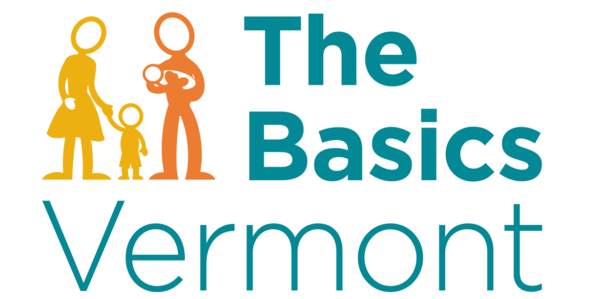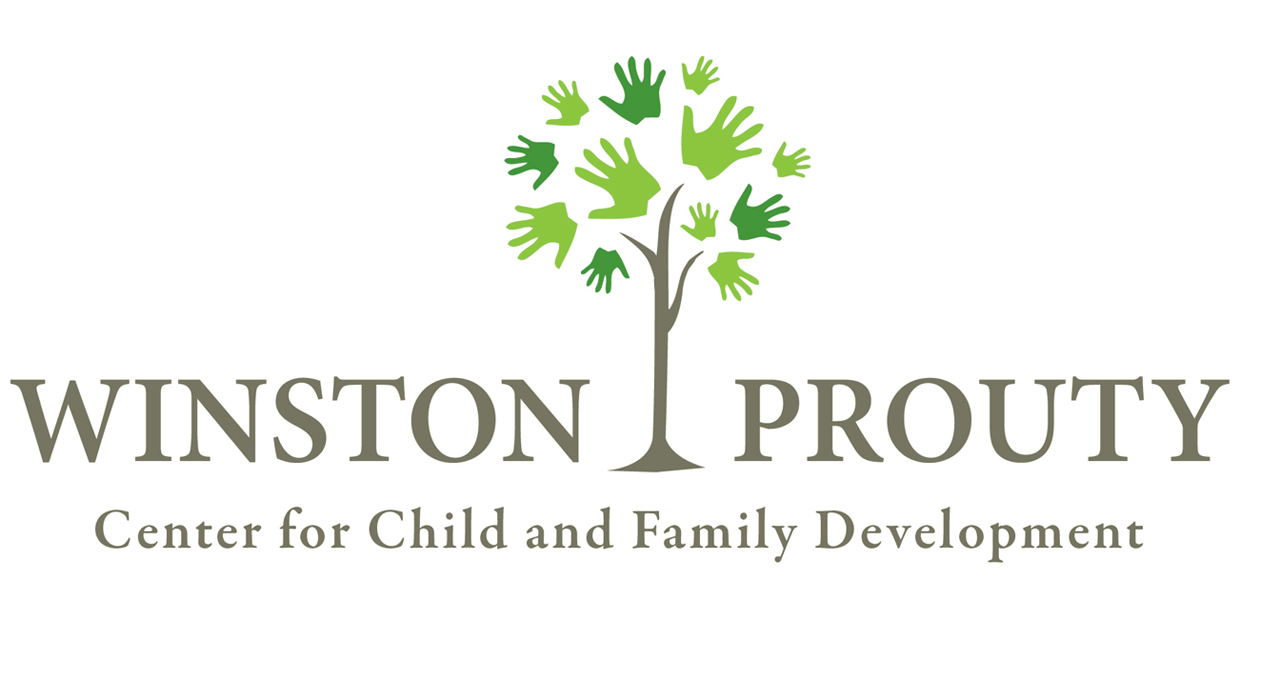Back to ‘the Basics’

Published in The Commons, Wednesday, February 6, 2022
Local campaign kicks off to help narrow the learning gap by pre-K
BRATTLEBORO—Local leaders in early childhood education are sharing simple strategies with families to help boost children’s brain development starting at birth.
Studies show that 80 percent of human brain development happens between birth and the age of 3. Learning gaps can be identified as early as age 2, says Community Project Coordinator Lisa Ford, who has been hired by Early Education Services, parent organization for Head Start and early Head Start programs.
These programs offer early education services from birth to pre-K. Early Education Services is also the parent organization for Southeastern Vermont’s Parent Child Center.
Ford has been hired to kickstart The Basics approach for young children, a community-wide campaign and research-based approach that supports brain development in infants and toddlers.
The initiative is a program of the Building Bright Futures Committee of Southeastern Vermont (BBF), a statewide organization that has a voice with legislators around early education issues and also has regional councils to address more local needs.
The Basics program grew out of the Achievement Gap Initiative at Harvard University and is now being shared with families here.
“Our regional council felt inspired to share this basic strategy developed in Boston,” says Ford. “The results are to improve school readiness. They are simple strategies that some parents use, but others may not know how important they are. They want families to understand it’s really important to cuddle your infant, to talk with them.
“We all know the learning gaps have become even greater since Covid. When I first talked to a pediatrician, they said they sometimes see babies they think are developmentally delayed and they tell the parents how important it is to talk with your child. Also, many parents have worries besides parenting and don’t know how important it is, how easy it is, and how big the impact is.”
The Basics identifies five principles of learning that activate brain growth before age 3. Studies show that young children exposed to activities encompassing these principles do better in school. Principles include: “Maximize Love, Minimize Stress; Talk, Sing, and Point Count, Group & Compare; Explore through movement and play; and Read & Discuss Stories.”
“Early Learning centers such as Early Education Services, Head Start, Early Head Start/Vermont Parent Child Center sites, the Winston Prouty Center classrooms, and our treasured early childhood care home programs use these strategies regularly,” says Ford.
“Ultimately, the goal of this community campaign is to encourage families to integrate these easy activities at home. This can be as simple as comparing different sized fruits in the grocery store, playing peek–a-boo, naming objects in a room or counting a child’s toes,” she adds.
“Families and caregivers from all walks of life play a crucial role in creating environments that help children learn and grow,” says Winston Prouty Center Executive Director Chloe Learey. “The Basics offers easy, accessible ways to do that.”
Taking a community-wide approach means that families can expect to hear about The Basics from trusted providers, including child care instructors, pediatricians, visiting nurses, social workers, and librarians. The intention is to share these brain-strengthening techniques during prenatal care appointments and on through pre-K.
“The projected outcome is for southeastern Vermont to cultivate healthier early-childhood brain development and eventually narrow the learning gaps before children attend kindergarten,” Ford says.
“This is an exciting opportunity for our community to work together with parents as ‘architects’ to build stronger brains in our youngest children,” says EES Executive Director Debra J. Gass. “Many of the strategies in The Basics campaign are inclusive of what we already do and now we have the scientific knowledge to bolster and catapult this work.”
How it works
The first step to get information into the hands of caregivers is through a free text messaging service called The Basics Insight. Families can receive age-appropriate activities and brain-boosting facts twice a week.
Lexi Moriarty, who serves as a parent ambassador on the BBF Council, receives these text messages for her children.
“Having The Basics text messages is like parenting support in your pocket,” she says. “It reassures me that the time I spend with my children reading, talking, and playing makes a difference and that I don’t need lots of money to help boost my child’s brain.”
For information on how caregivers can sign up for The Basics text messages or to learn how providers can share The Basics strategies with caregivers, visit winstonprouty.org/the-basics-vermont or email Lisa Ford at lford@wsesdvt.org.
